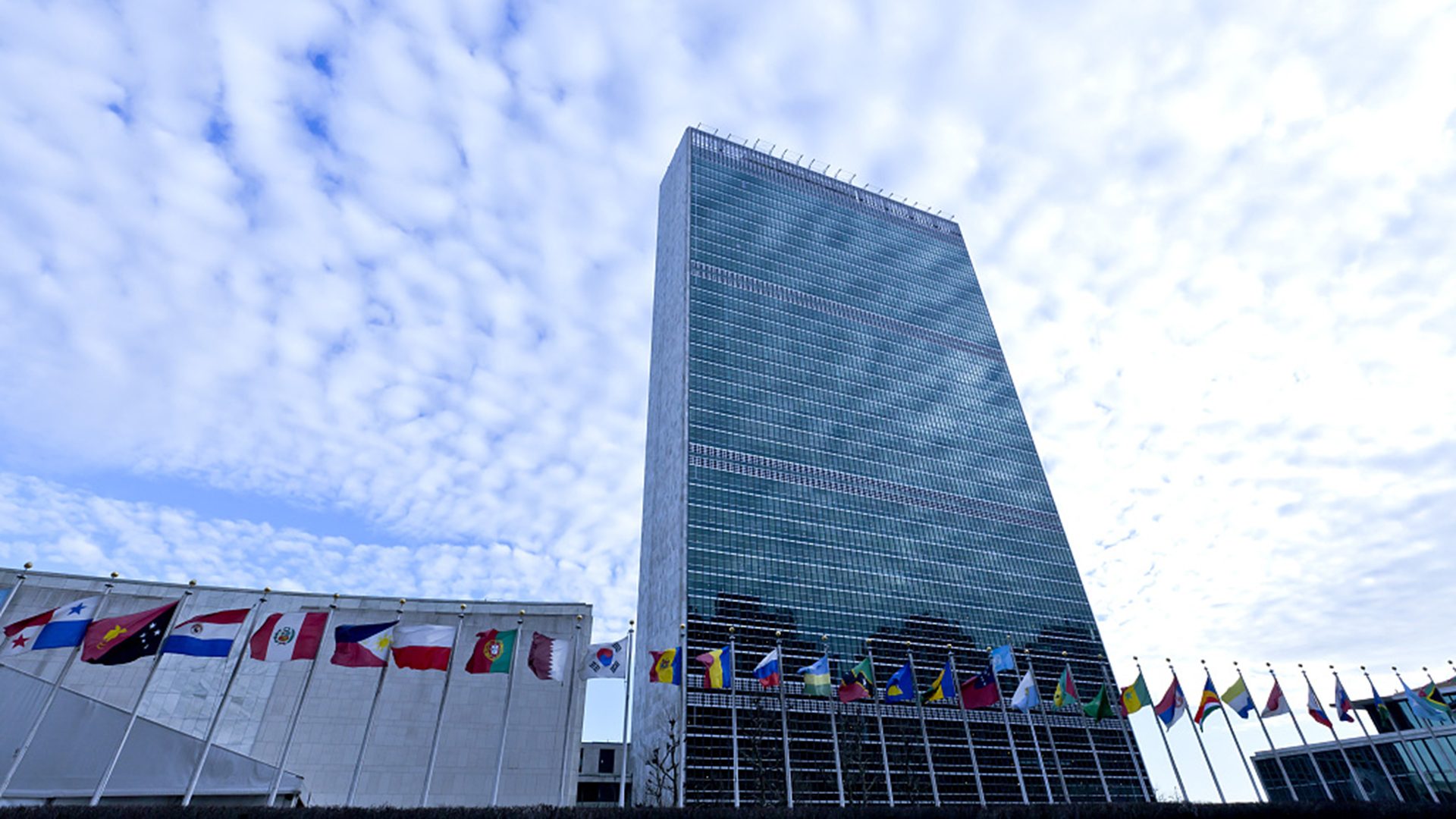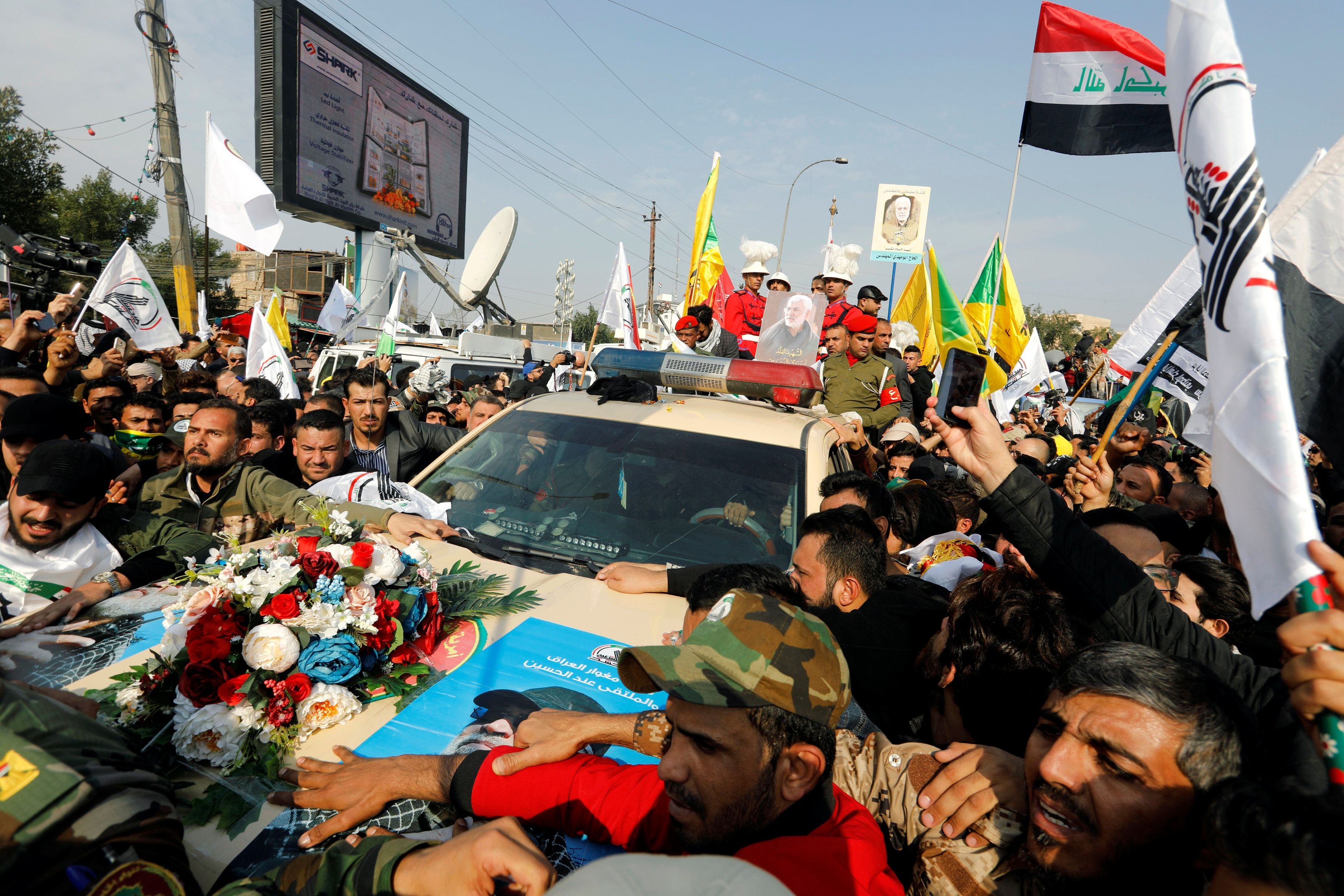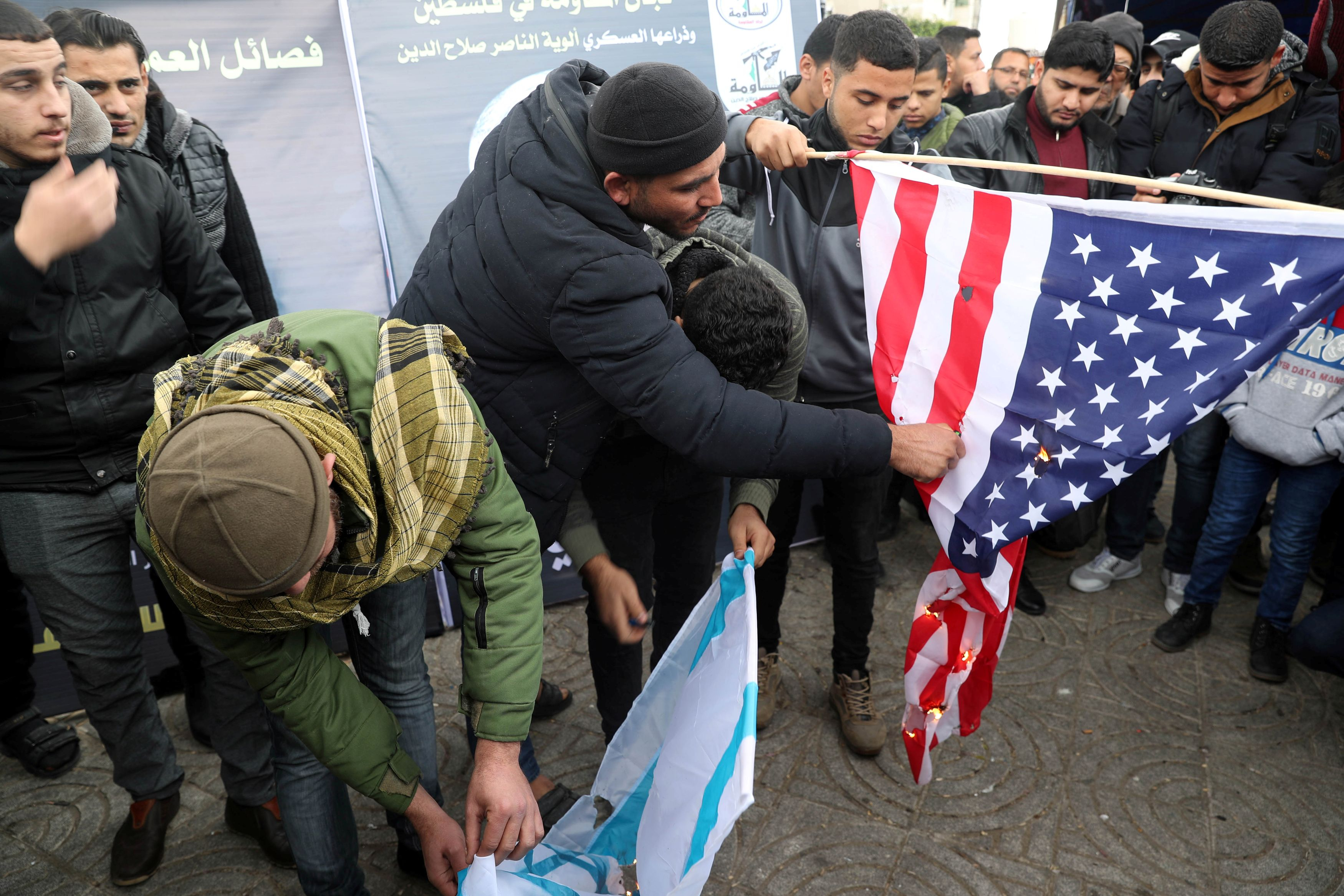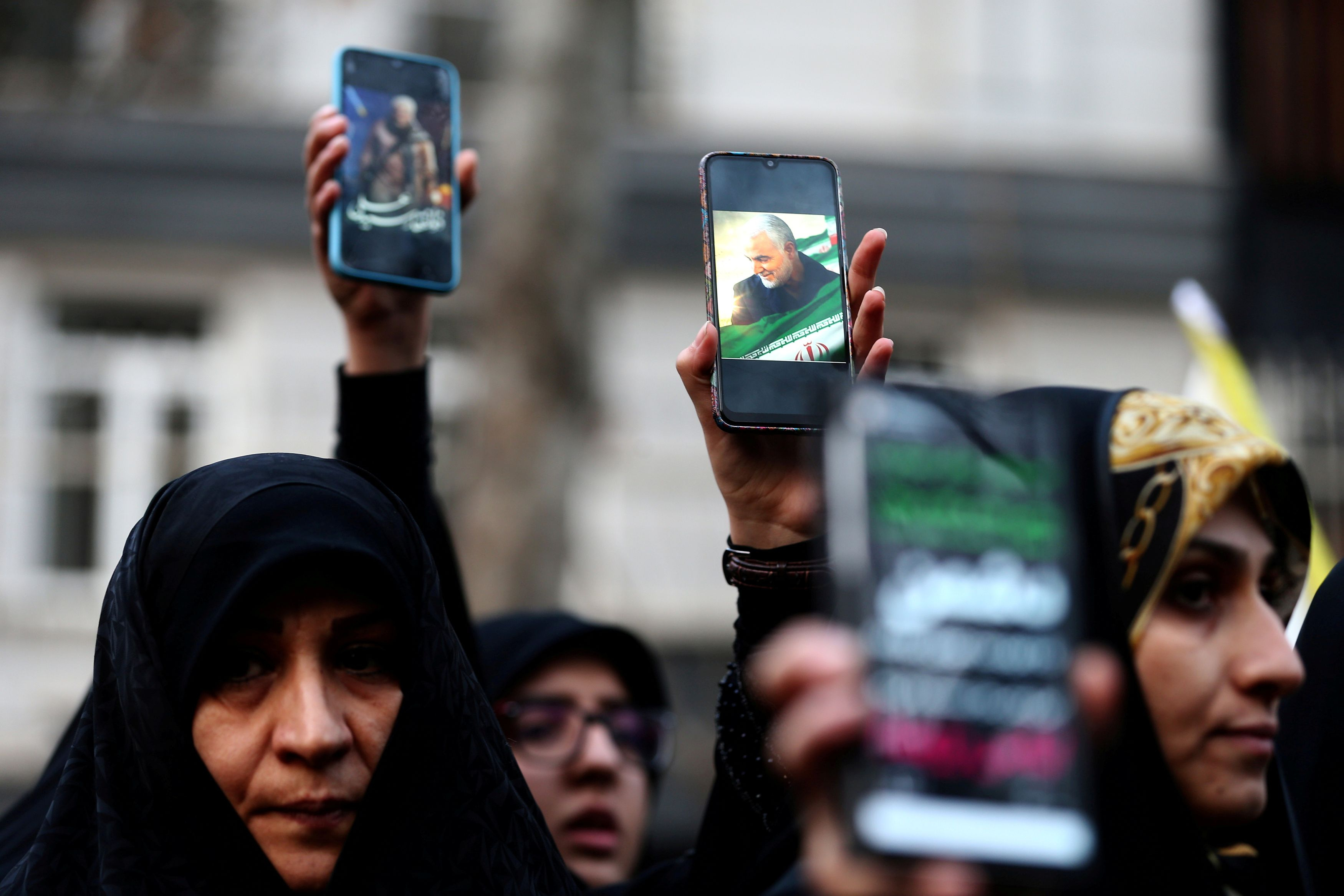01:49

"Our world changed last night, and there's no way to predict what happens next," New York City Mayor Bill de Blasio said at security briefing Friday. Speaking in the aftermath of a U.S. sanctioned airstrike that killed Major General Qassem Soleimani, considered the linchpin of the Islamic Republic's foreign policy, de Blasio warned that there could be retaliation in the form of "multiple acts of terror," urging the city to remain vigilant.
Iran promises 'tough revenge'
Iran's supreme leader Ayatollah Ali Khamenei called for three days of mourning on Friday, but promised vengeance. "His demise will not stop his mission," Khamenei said, "but the criminals who have the blood of General Soleimani and other martyrs of the attack on their hands must await a tough revenge."
"The U.S.' act of international terrorism, targeting & assassinating General Soleimani - THE most effective force fighting Daesh (ISIL), Al Nusrah, Al Qaeda et al - is extremely dangerous & a foolish escalation," wrote Iran's foreign minister Javed Zarif on Friday. "The U.S. bears responsibility for all consequences of its rogue adventurism."

Mourners attend the funeral of the Iranian Major General Qassem Soleimani and the Iraqi militia commander Abu Mahdi al-Muhandis in Baghdad, Iraq, January 4, 2020. /Reuters Photo
Mourners attend the funeral of the Iranian Major General Qassem Soleimani and the Iraqi militia commander Abu Mahdi al-Muhandis in Baghdad, Iraq, January 4, 2020. /Reuters Photo
Iraq condemns act as 'aggression'
"The assassination of an Iraqi military commander is an aggression on Iraq as a state, government and people," said Iraqi Prime Minister Adil Abdul-Mahdi in a statement.
"Carrying out physical liquidation operations against leading Iraqi figures or from a brotherly country on the Iraqi lands is a flagrant violation of Iraq's sovereignty and a dangerous escalation that triggers a destructive war in Iraq, the region and the world," the prime minister said.
"It is a flagrant violation of the conditions for the presence of the American forces in Iraq and their role which is supposed to be limited to training Iraqi forces and fighting ISIL within the international coalition forces, under the supervision and approval of the Iraqi government."
In a written statement, the Turkish ministry said it was deeply concerned by the rising tensions and that turning Iraq into an arena for conflict would harm peace and stability in the region.
"Turkey has always been against foreign interventions, assassinations and sectarian conflicts in the region," the ministry said.
Russian President Vladimir Putin and his French counterpart Emmanuel Macron expressed concern during a phone conversation on Friday and agreed that "this action can seriously aggravate the situation in the region.
Russian Foreign Minister Sergei Lavrov warned that the U.S.' move is fraught with grave consequences for regional peace and stability.

Palestinians burn representations of a U.S. flag during a protest against the killing of Iranian Major General Qassem Soleimani, in Gaza January 4, 2020. /Xinhua Photo
Palestinians burn representations of a U.S. flag during a protest against the killing of Iranian Major General Qassem Soleimani, in Gaza January 4, 2020. /Xinhua Photo
China consistently opposes the use of force in international relations, the country's foreign ministry said on Friday when asked about the U.S.' killing of a top Iranian commander.
China urges relevant sides, especially the U.S., to exercise restraint and refrain from any actions that might escalate the situation, said the spokesperson of the foreign ministry.
UN Secretary-General Antonio Guterres on Friday called for exercising "maximum restraint" by all related parties, citing that the world cannot afford "another war in the Gulf."

Iranian demonstrators hold up mobile phones showing the picture of the late Iranian Major General Qassem Soleimani, during a protest against the killing of Soleimani, head of the elite Quds Force, and Iraqi militia commander Abu Mahdi al-Muhandis in front of United Nations office in Tehran, Iran January 3, 2020. /Reuters Photo
Iranian demonstrators hold up mobile phones showing the picture of the late Iranian Major General Qassem Soleimani, during a protest against the killing of Soleimani, head of the elite Quds Force, and Iraqi militia commander Abu Mahdi al-Muhandis in front of United Nations office in Tehran, Iran January 3, 2020. /Reuters Photo
UK, France, Germany and more
British Secretary of State for Foreign Affairs Dominic Raab urged all parties to de-escalate.
"We have always recognised the aggressive threat posed by the Iranian Quds force led by Qassem Soleimani. Following his death, we urge all parties to de-escalate. Further conflict is in none of our interests," Raab said in a statement.
German Chancellor Angela Merkel's spokeswoman Ulrike Demmer also urged restraint and de-escalation.
"We are at a dangerous point of escalation. It is now important through prudence and restraint to contribute to de-escalation," Demmer said.
Egypt, Syria and Israel also expressed concern about tensions in the Middle East following the U.S. strike.